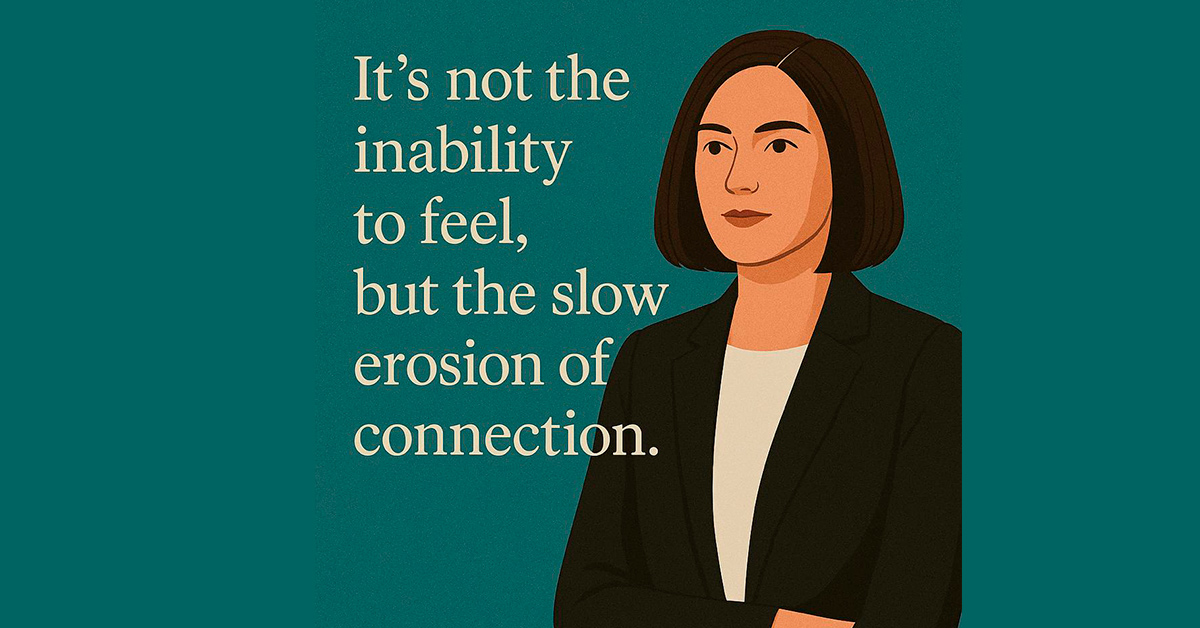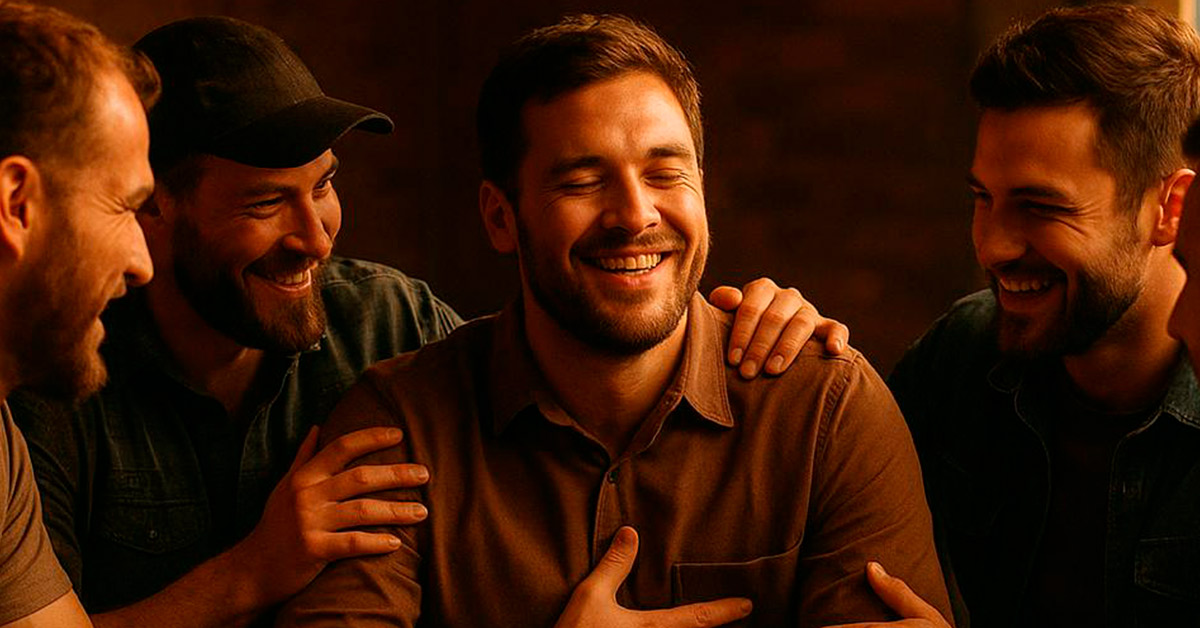That’s how Margaret described the moment she realized she’d been holding her breath—not for days, but for months. Maybe longer.
She wasn’t burned out in the typical sense. Her calendar was full, her meetings productive, her performance reviews stellar. But something inside her was hollowing out. She couldn’t feel things anymore—not the joy of a finished project, not the satisfaction of helping a team member grow, not even the pride of watching her own children perform onstage.
The colors had faded. And it wasn’t depression. It was something quieter. Slower. More subtle.
It Wasn’t Burnout. It Was Compassion Fatigue.
Compassion fatigue doesn’t always show up in hospital rooms or crisis centers. It walks the polished floors of corporate offices, too. It inhabits the silence between video calls and deadlines. It haunts the inbox at 11:43 p.m. when a leader is still trying to hold everyone else’s pieces together.
Margaret wasn’t a martyr. She didn’t want to be a victim. In fact, she’d built her reputation on being the calm in the storm, the go-to person, the one who kept it all together. But deep down, she was exhausted—not just by tasks, but by the emotional responsibility of holding space for others day after day.
That’s what compassion fatigue is:
Not the inability to do your job, but the inability to feel while doing it.
Not the loss of competence, but the slow erosion of connection—to yourself, to others, even to God.
When Leadership Becomes Too Heavy
If you lead long enough, you learn how to carry weight.
But sometimes, you forget that not all the weight belongs to you.
Somewhere along the way, Margaret started picking up more than she was called to carry. Not because she was controlling—but because she cared. That’s the danger of high-capacity leaders: they’re capable of more, so they end up with more on their shoulders than anyone realizes.
What Margaret didn’t see—until she was undone—is that sharing the responsibility isn’t a weakness.
It’s wisdom.
It’s obedience.
It’s maturity.
Delegation isn’t laziness.
Asking for help isn’t failure.
Letting go isn’t giving up—it’s what healthy leaders do.
Three Markers That You’re Recovering
As Margaret began to heal, she noticed the return of things she didn’t even know had gone missing. Here are three signs that the fog of compassion fatigue is beginning to lift:
1. You Notice Joy Returning in Small, Ordinary Ways
It didn’t start with a vacation or a big breakthrough. It started with a breeze through the kitchen window. A laugh that slipped out during a Zoom call. The feel of her child’s hand in hers.
Joy is a powerful indicator.
When it begins to return—even in fragments—it means the soul is being restored.
“The joy of the Lord is your strength.” —Nehemiah 8:10
2. You Stop Bleeding While Leading
Margaret used to believe she had to pour out everything to be effective. But she’s learning that leading from overflow is not only possible—it’s the only way to endure.
Leadership doesn’t require us to be empty. It calls us to be anchored.
Rooted.
Filled.
“You anoint my head with oil; my cup overflows.” —Psalm 23:5
3. You Find Yourself Dreaming Again
Hope doesn’t always return as a shout. Sometimes it whispers.
Margaret started dreaming again—about mentoring young professionals, restarting her artisan work, even planting a leadership retreat for women in high-impact roles. These were signs of a renewed soul. When hope begins to flicker again, you’re not just surviving—you’re reviving.
“May the God of hope fill you with all joy and peace as you trust in Him…” —Romans 15:13
What Helped Margaret Move Forward?
It wasn’t a formula. But there were a few practices that made all the difference:
One of her greatest realizations was that her soul didn’t need to be fixed.
It needed to be fed.
Let Go of the Martyr Mindset
If you’re reading this and feel like you’re unraveling, hear this clearly:
You don’t need to suffer to be significant.
You don’t need to break down to prove you’re strong.
You don’t need to disappear in order for others to thrive.
Leadership in the Kingdom isn’t about carrying everything alone—it’s about carrying what’s yours with faith, and trusting others to do the same.
Even Jesus shared the load. He sent them out two by two. He asked the disciples to pray with Him. He let Simon carry the cross for a time.
Why should you be any different?
From Erosion to Formation
Margaret is different now—not because she failed, but because she allowed God to reshape her from the inside out.
She’s not trying to be the version of herself that could “do it all.”
She’s becoming the version that lets God do what only He can.
The fog is lifting.
The colors are coming back.
And joy—quiet, healing joy—is finding its way home.
Reflection Questions:











